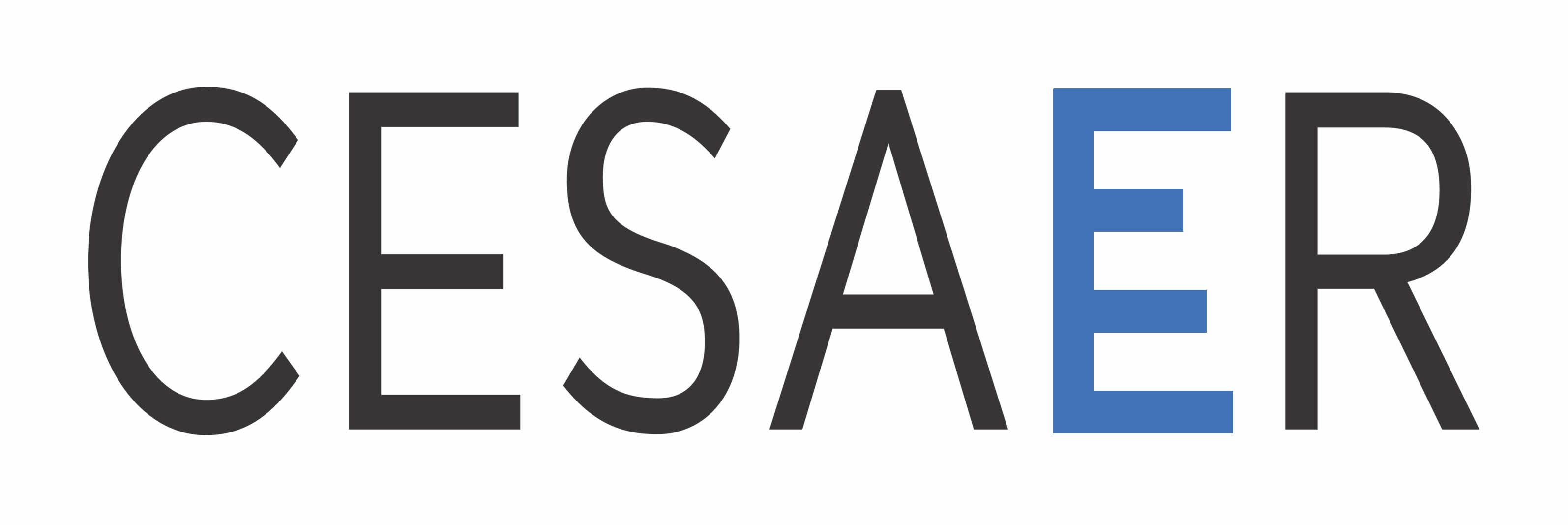Mission, scope and objectives
Transnational higher education and European policy
Explore key European developments in higher education from a science and technology perspective, focusing on the European Universities alliances, the European Degree (label), mobility and automatic recognition. Advocate to align external funding, legal and regulatory frameworks with the needs and vision of universities of science and technology, and facilitate exchanges on institutional practices and cross-border enablers such as mobility and affordable housing.
Future-proof skills and education
Explore how universities of science and technology can equip learners with advanced and future-proof education and skills through flexible, research-based STEM education. Examine the implications of AI for learning, teaching, assessment and curriculum design, and contribute to debates on its responsible integration. Support the development of co-created education and innovation ecosystems across strategic sectors, drawing on Member experiences linked to the European STEM Strategic Plan, the Union of Skills, doctoral education and flexible learning pathways. Promote sustainability, ethics and inclusion across STEM fields.

